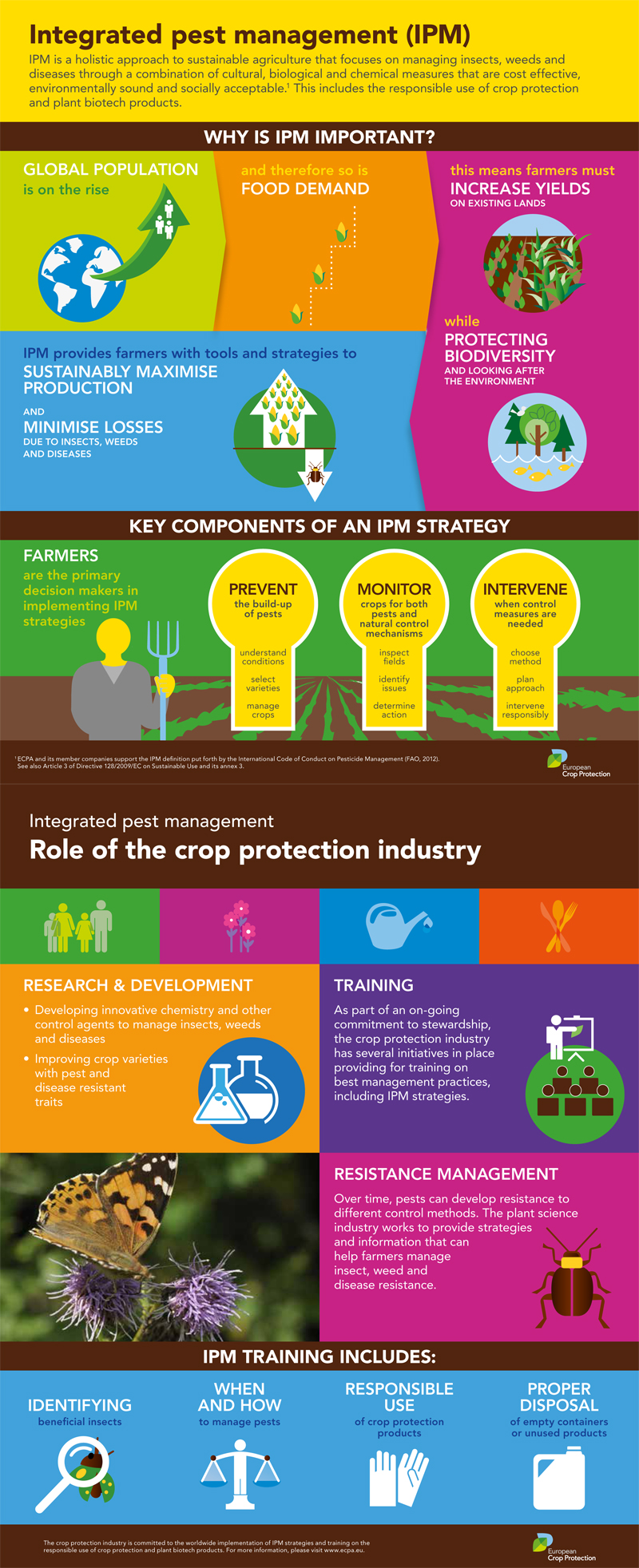Pest-Proofing Your Yard: Tips For Maintaining Exterior Insects At Bay
Pest-Proofing Your Yard: Tips For Maintaining Exterior Insects At Bay
Blog Article
https://www.bobvila.com/articles/how-to-get-rid-of-ground-bees/ -Gupta Fyhn
Picture your yard as a haven, an area of peace and beauty. Nevertheless, the presence of outdoor pests can swiftly disrupt this picturesque picture. Suppose there were easy yet reliable ways to keep these undesirable visitors at bay and secure your yard oasis? By adhering to a few useful pointers and executing all-natural methods, you can develop a harmonious outside area where your plants can flourish undisturbed.
Natural Pest Deterrents
To keep bugs far from your yard normally, plant aromatic natural herbs like mint and lavender. These great smelling plants not just add beauty to your yard but also act as reliable bug deterrents. Bugs like mosquitoes, flies, and even some garden-damaging insects are fended off by the strong scents released by these natural herbs. Merely placing https://finnhdxuo.buyoutblog.com/27133772/client-endorsements-actual-accounts-of-parasite-control-solution-experiences around your yard can aid create an all-natural barrier against undesirable insects.
Along with just click the following internet page and lavender, take into consideration planting various other herbs like rosemary, basil, and lemongrass to even more boost your garden's pest-proofing abilities. These herbs not only function as all-natural repellents but likewise have actually the added advantage of serving in food preparation or crafting home made treatments.
Strategic Plant Placement
Consider the design of your yard and the kinds of plants you need to tactically place them for optimum pest-proofing effectiveness.
Start by organizing plants with comparable resistance to insects together. By doing this, you can develop an all-natural obstacle that deters insects from spreading throughout your yard.
In addition, placing pest-repelling plants like marigolds, lavender, or mint near more vulnerable plants can help shield them. High plants, such as sunflowers or corn, can act as a guard for shorter plants against bugs like rabbits or ground-dwelling pests.
Bear in mind to leave adequate room between plants to enhance air blood circulation and minimize the risk of conditions that pests might bring.
In addition, think about growing strong-smelling natural herbs like rosemary or basil near at risk plants to confuse pests' detects and make it harder for them to find their targets.
Reliable Pest Control Approaches
For combating garden insects successfully, executing a multi-faceted bug control approach is vital. Beginning by urging natural predators like birds, ladybugs, and hoping mantises to help maintain bug populations in check. Presenting plants that bring in these valuable bugs can assist in insect control. In small black termites , exercising great yard health by getting rid of particles and weeds where insects may conceal can make your yard much less congenial to unwanted visitors.
Think about utilizing physical barriers such as row cover textiles or netting to shield vulnerable plants from parasites like caterpillars and birds. Applying natural chemicals like neem oil or insecticidal soap can additionally work against specific bugs while being much less damaging to valuable pests and the atmosphere. It's vital to turn your crops each season to avoid the buildup of insect populaces that target particular plants.
On a regular basis evaluate your plants for signs of bug damage so you can do something about it promptly. By incorporating these techniques and remaining alert, you can efficiently control yard parasites and delight in a successful, pest-free yard.
Conclusion
So, there you have it - with the best techniques, you can keep pesky exterior bugs far from your garden and assist your plants grow.
Did you know that planting mint has been revealed to repel insects and various other insects, decreasing the requirement for harmful pesticides by as much as 60%?
By incorporating all-natural deterrents and clever growing methods, you can develop a beautiful and pest-resistant garden sanctuary for you to delight in.
